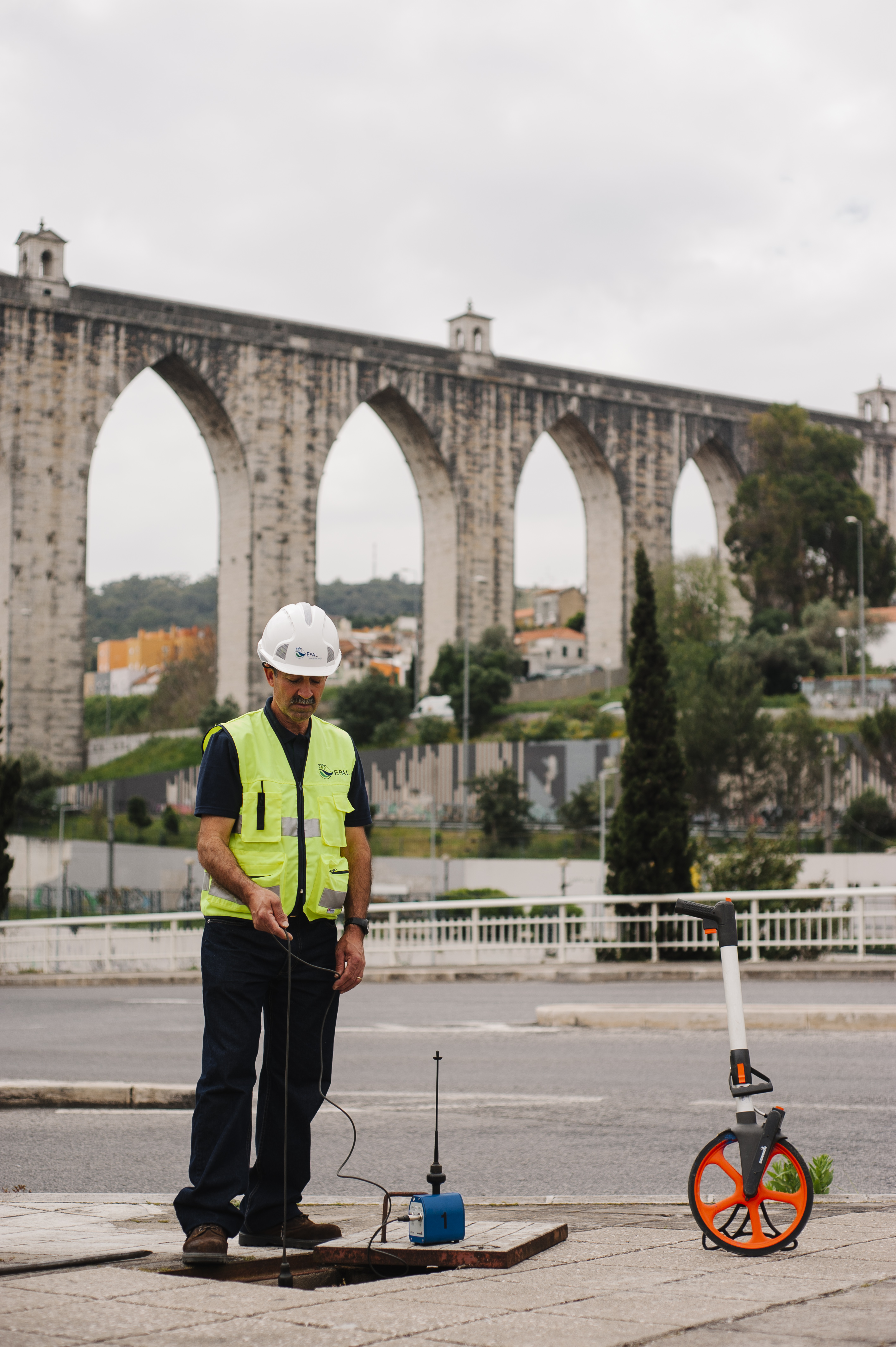The WONE program has been developed and continues to be managed by Empresa Portuguesa das Águas Livres (EPAL), which is the oldest water utility company in Portugal. EPAL is the main operator of the water distribution network in the country and is a state company that is fully owned by the national public holding company Áquas de Portugal (AdP) since 1993. EPAL is responsible for the management of the water distribution activities as well as the maintenance of the distribution networks.
EPAL has implemented a set of measures to prepare the system to cope with reductions in water quality associated with more intense drought periods and contaminants’ run-off, higher temperatures and reduction in average annual flow, if climate change scenarios will occur, such as the refurbishment of Vale da Pedra water treatment plant, to adapt treatment processes, in order to respond to a wider range of water quality variations With regard to water efficiency and demand management, the company has given significant steps in terms of awareness raising, such as the launch of campaigns promoting the correct and responsible use of water and by creating and providing apps and tools for consumers’ self-control, to increase household water efficiency (e.g. Waterbeep). EPAL’s strengthened in-house processes and competences have made possible for the company to establish a set of critical climate changes indicators and to monitor them periodically on a perspective of system’s vulnerabilities.
EPAL has also promoted the project ADAPTACLIMA-EPAL, which has been scientifically supported by the CCIAM Research Group (Climate Change Impacts, Adaptation and Mitigation Research Group) of Lisbon University. This study, funded entirely by EPAL, aimed to provide the company with an adaptation strategy to reduce the vulnerabilities of its activities to climate change. The project focused on adaptation options to increase the resilience of EPAL’s systems against risks associated with climate change. One of the options presented was the promotion of actions for the efficient use of water, which supports the objectives of the WONE program. The ownership of the data and documents from the research project was transferred to EPAL at the end of the project.
The city of Lisbon does not have any direct involvement in the WONE program. The city has received advice from EPAL on how to improve their water efficiency and has made large investments to realise these improvements. As the activities of the WONE program do take place within the city area, the city also acts as a facilitator for the construction works that need to be executed on site. In addition, Lisbon facilitates any necessary WONE program communication between EPAL and the citizens and companies of Lisbon.
The citizens and public and private companies are the customers of EPAL and therefore both drivers and end-beneficiaries of the reductions in a water bill. Next to maintenance of the water distribution network, consumer behaviour is a main driver of water usage reduction. Therefore EPAL provides additional consultancy services to customers who would like to improve their water efficiency. These consultancy services can include the provision of a monitoring system, the identification of leaks on site or water efficiency advisory. Water efficiency through consumer behaviour has a limited impact on the annual income of EPAL. Each sold cubic meter of water needs to cover the costs to prepare and distribute it, which means that its profitability is limited. The income of EPAL depends more on the fixed service cost that is included in each water bill. A reduction in water consumption by customers is therefore of interest to both the customer and EPAL.



